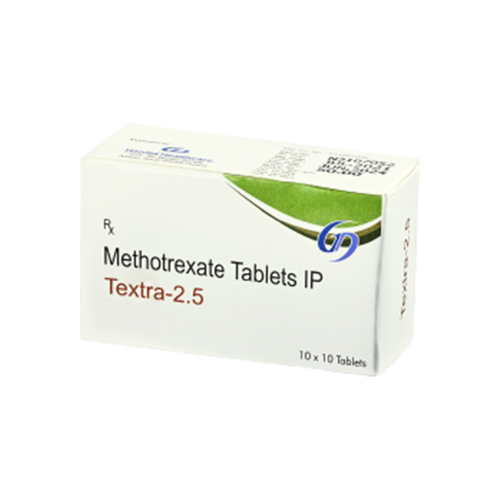Azathioprine Tablets
ZAMEPRIN

Azathioprine Tablets: is a type of medication that is extensively used in the medical industry. It inhibits the immune system’s activity by stopping it from attacking healthy cells and tissues. It is frequently used to treat autoimmune diseases such as rheumatoid arthritis, inflammatory bowel disease, and lupus. To achieve the desired therapeutic effect, the pills are often used orally and in combination with other drugs. Azathioprine can help reduce inflammation, relieve symptoms, and improve the overall quality of life in people with certain disorders, but it may also have some potential adverse effects that should be monitored by a doctor.
Benefits of using Azathioprine Tablets
The following are some of the advantages of taking Azathioprine Tablets:
- The tablet suppresses the immune system, lowering inflammation and preventing the immune system from attacking healthy cells.
- It is beneficial in treating autoimmune illnesses such as rheumatoid arthritis, inflammatory bowel disease, and lupus.
- It can initiate and maintain remission in autoimmune illnesses, lowering symptoms and disease progression.
- It is used as an immunosuppressant in organ transplant recipients to prevent rejection.
- It has a steroid-sparing action, allowing lower steroid doses while managing inflammation.
- It is useful for long-term disease management, as it helps to preserve stability and reduce the frequency of flare-ups.
- Azathioprine can relieve symptoms and improve the overall quality of life in people with autoimmune diseases.
- It is frequently used in conjunction with other medications to improve therapeutic outcomes and reduce the need for greater doses of individual medications.
- It may reduce the progression of certain autoimmune conditions by inhibiting the immune system.
- Azathioprine may be considered as an alternate therapy option when existing drugs have proven ineffective or are not well tolerated.
How to Use Azathioprine Tablets
It is critical to observe the following rules when taking Azathioprine Tablets:
- Take these tablets precisely as prescribed by your healthcare professional, according to the specified dosage and regimen.
- Oral administration: Swallow the pills whole, without crushing or chewing, with water.
- To maintain constant levels in your body, the tablets should be taken daily at the same time.
- Azathioprine can be taken with or without meals, but it’s better to stick to your doctor’s food restrictions.
- While taking these tablets, your doctor may request regular blood tests to monitor your liver function and blood cell counts.
- Avoiding missed doses: Try not to miss any doses, but if you do, take it as soon as you recall, unless your next dose is approaching.
- Do not take a double dose to compensate for a missing dose. Maintain your usual dosage schedule.
- Take Azathioprine for as long as your doctor recommends, even if you start feeling better.
- Inform your healthcare practitioner about any adverse effects or concerns you are experiencing while taking the tablets.
- To avoid potential interactions with Azathioprine, inform your doctor about any other drugs, supplements, or herbal remedies you are taking.
How do Azathioprine Tablets work?
Azathioprine Tablets function as follows:
- Suppressing immunological response: it decreases immune system activity, preventing it from attacking healthy organs.
- Inhibiting DNA synthesis: it inhibits the creation of DNA, which is required for immune cell replication.
- The tablets inhibit cell proliferation by interfering with the division and multiplication of rapidly proliferating immune cells.
- Inflammation reduction: it reduces inflammation by reducing the release of inflammatory chemicals.
- The tablets change the behavior of some immune cells, such as T-lymphocytes, to modulate immunological responses.
- Maintaining remission: modifying the immune system, aids in the achievement and maintenance of remission in autoimmune illnesses.
Precautions While Using Azathioprine Tablets
Azathioprine Tablets function as follows:
- Immune system suppression: the tablets generally inhibit the immune system’s activity, preventing it from attacking healthy cells and tissues.
- Purine inhibition: it inhibits the formation of purines, which are required for immune cell reproduction.
- Disruption of DNA and RNA synthesis: the tablets prevent the formation of DNA and RNA in rapidly dividing immune cells by reducing purine synthesis.
- It reduces inflammation by lowering the number of immune cells implicated in the inflammatory response.
- The tablets suppress the proliferation of T-lymphocytes and B-lymphocytes, resulting in a reduction in their number in circulation.
- Long-term immune modulation: it has a long-lasting effect on the immune system, enabling continual immunological regulation and aiding in the treatment of autoimmune illnesses.
| Pack Size | 10*10 |
|---|---|
| Packing Type | ALUALU |
| Composition |




